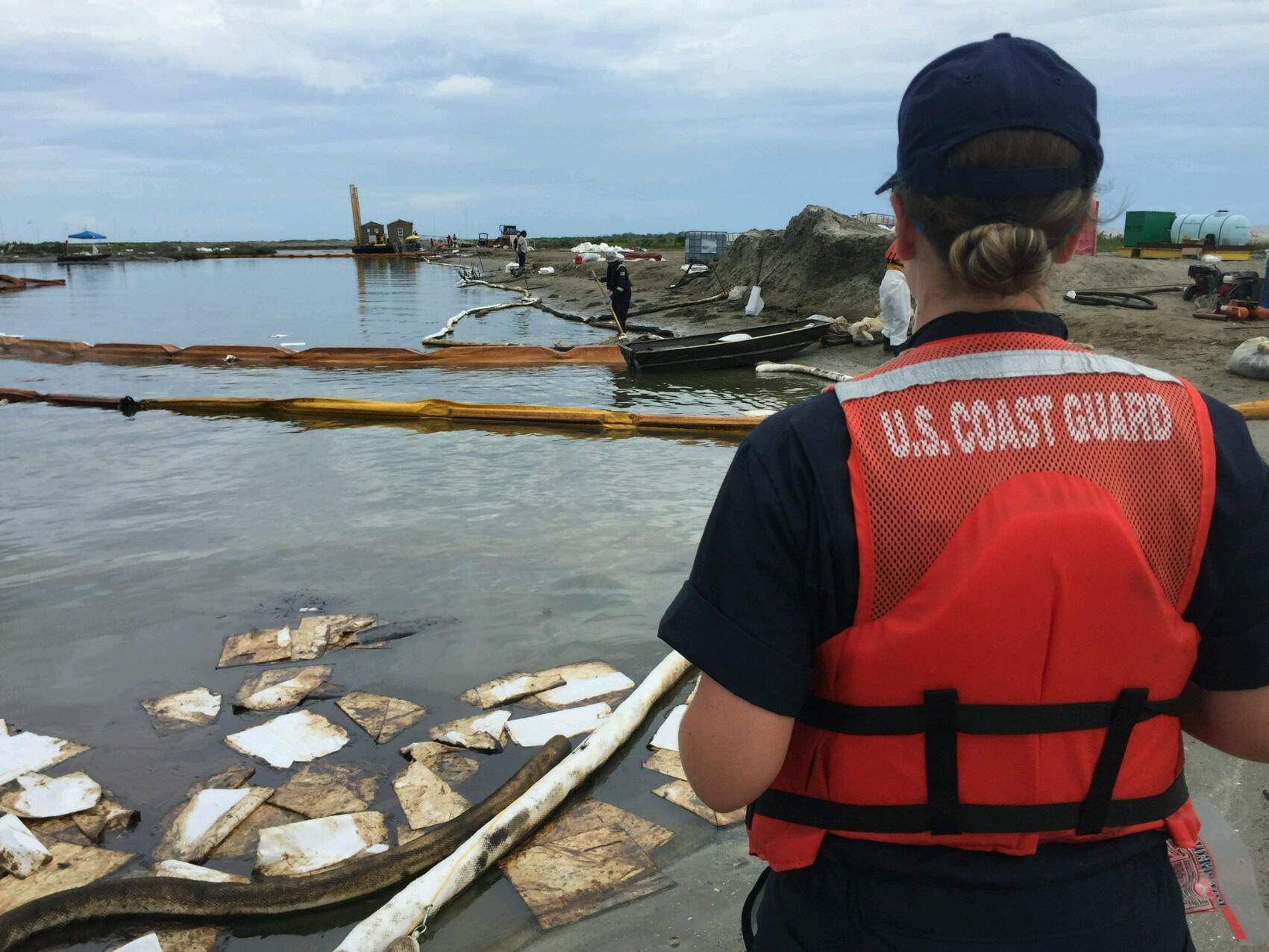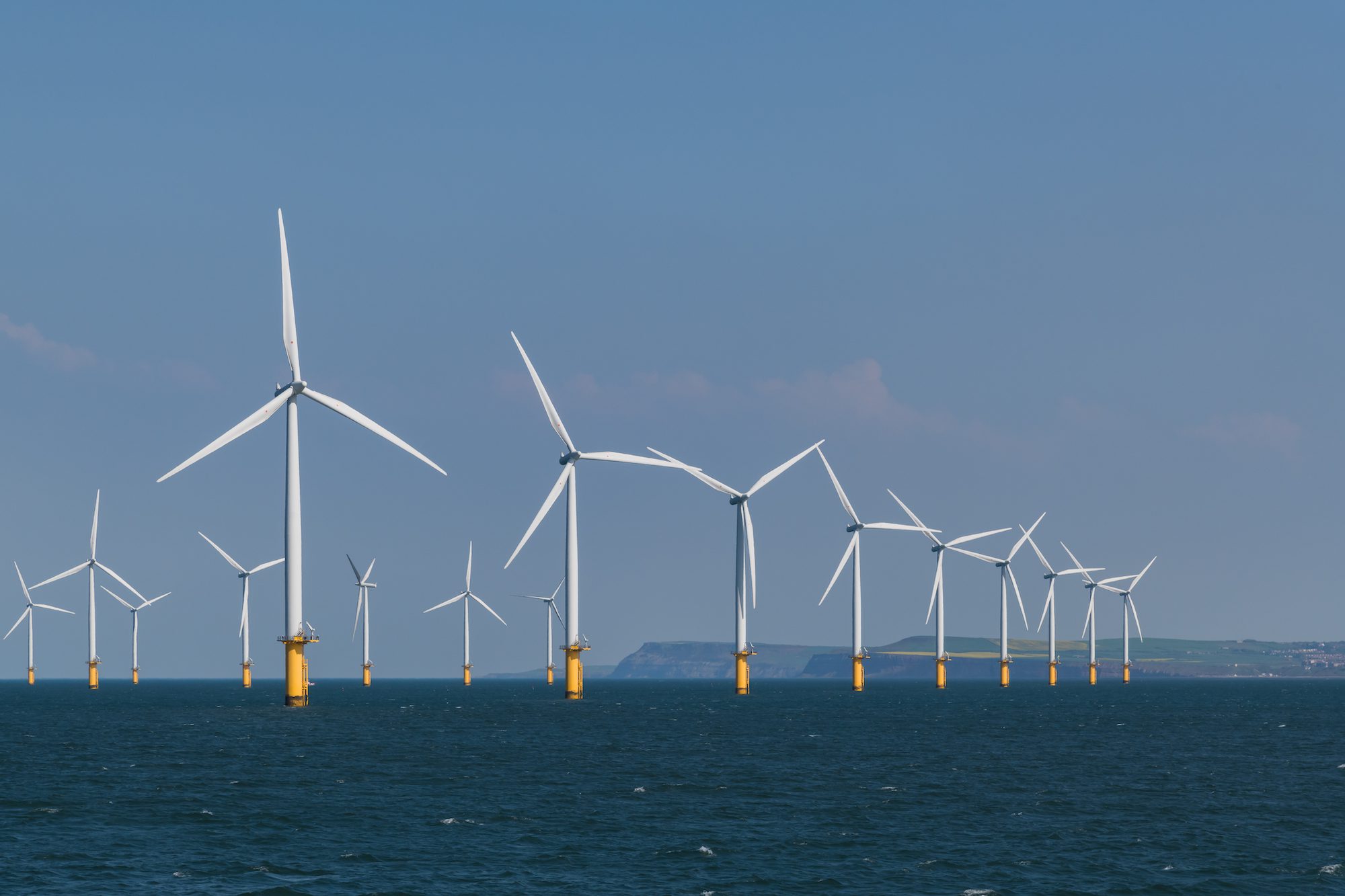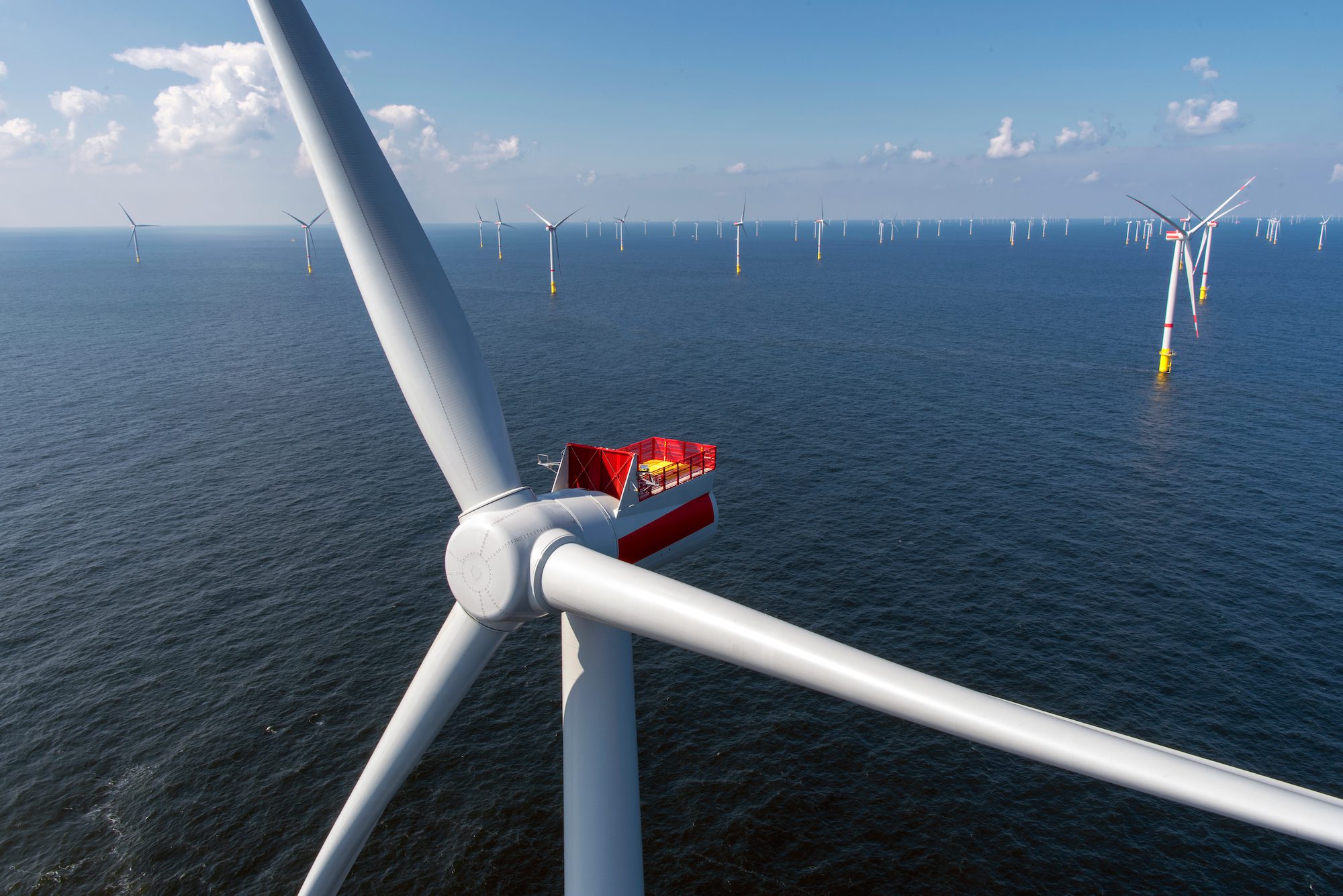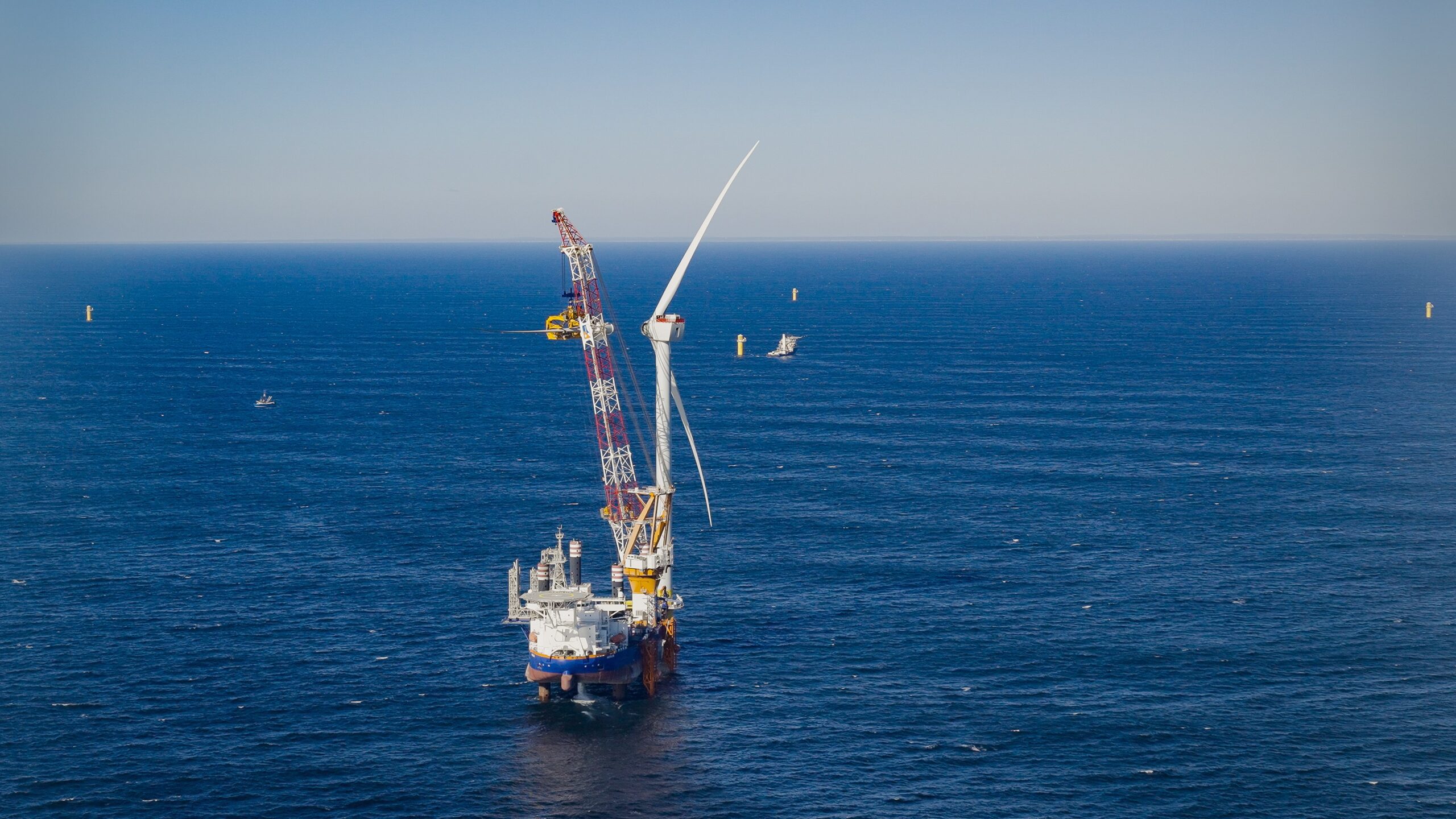Houston-based Great Lakes Dredge & Dock Company (NASDAQ: GLDD) has plead guilty in the Eastern District of Louisiana in connection with an oil spill it caused in 2016 along the Texas Gulf Coast.
Under the terms of the plea agreement, Great Lakes has agreed to pay a $1 million fine plus an additional deposit of $2 million for additional restitution yet to be determined by the court.
The spill took place on September 5, 2016, at an active restoration site for the Deepwater Horizon oil spill, on the edge of Bay Long near the Chenier Ronquille barrier island, located east of Grand Isle. An estimated 5,300 gallons of crude oil was released into the Gulf of Mexico.
In court, Great Lakes admitted to negligently causing the discharge of oil into a navigable waters in violation of the Clean Water Act.
In its contract with the National Oceanic and Atmospheric Administration, Great Lakes was responsible for locating all pipelines in the area and complying with the federal Pipeline Safety Act and the “One Call” system created by the Louisiana Underground Utilities and Facilities Damage Prevention Law. The company admitted that it violated those two laws by failing to alert pipeline companies about continuing work near their pipelines for several months leading up to the oil spill.
A subcontractor working for Great Lakes, James Tassin, operated the excavating marsh buggy that physically caused the spill. Tassin was charged in a separate criminal case and pled guilty to charges on March 18, 2021. He’s now awaiting sentencing.
According to court documents in Tassin’s case, after Great Lakes stopped complying with One Call requirements, a Great Lakes employee instructed Tassin to use his marsh buggy to dig near pipelines, despite that digging not being in NOAA’s approved plans, and without the company getting approval from any pipeline companies that it was safe to dig.
While working, Tassin struck one of the pipelines with his marsh buggy and caused the oil spill. Tassin admitted that a Great Lakes employee instructed him not to tell anyone that he had been digging, an instruction Tassin followed. In Great Lakes’ plea documents, the company admitted that it supervised the work and that its negligent supervision caused the oil spill.
“The defendant in this case recklessly violated regulations designed to protect the environment and then tried to hide its actions,” said Christopher Brooks, Special Agent in Charge of EPA’s Criminal Enforcement Program in Louisiana. “Today’s guilty plea demonstrates that we will hold violators responsible for breaking our environmental laws.”
Under the terms of the plea agreement, Great Lakes has agreed to pay a fine of $1 million and deposit $2 million with the court in an advance of a future hearing to determine the final amount of restitution to any victims.
“Failure to adhere to laws and regulations intended to protect our Nation’s natural resources can have serious consequences both for the environment and the integrity of the pipeline transportation system, as was the case in this instance,” said Todd Damiani, Special Agent-in-Charge, Southern Region, Department of Transportation Office of Inspector General. “We echo the commitment expressed by our law enforcement and prosecutorial partners to ensuring that those who violate these laws and regulations are held accountable.”
Sign up for our newsletter

 Join The Club
Join The Club













